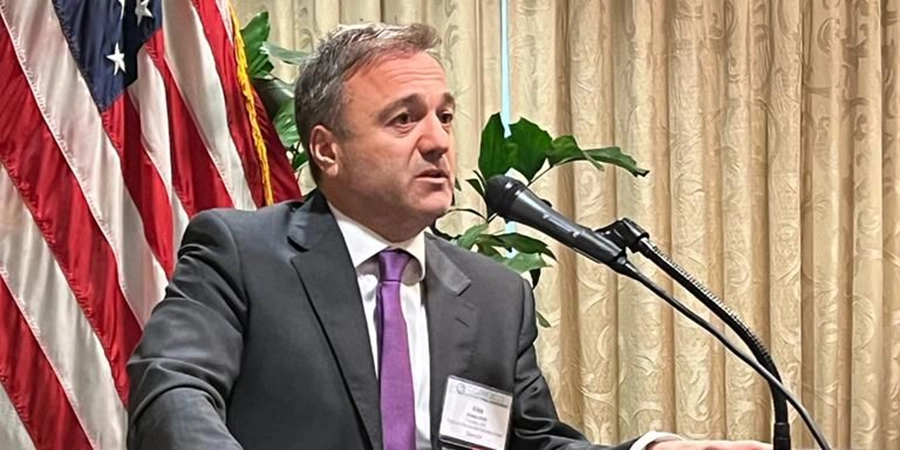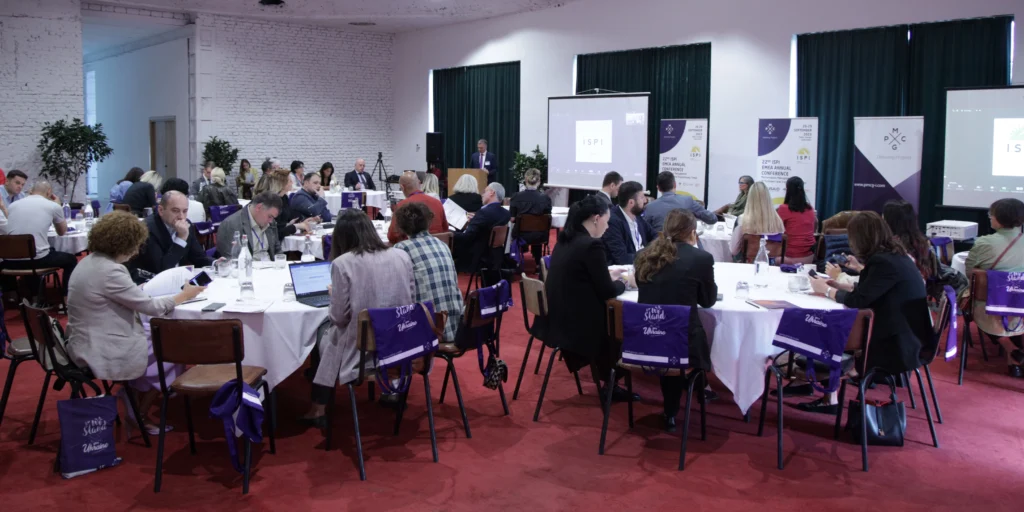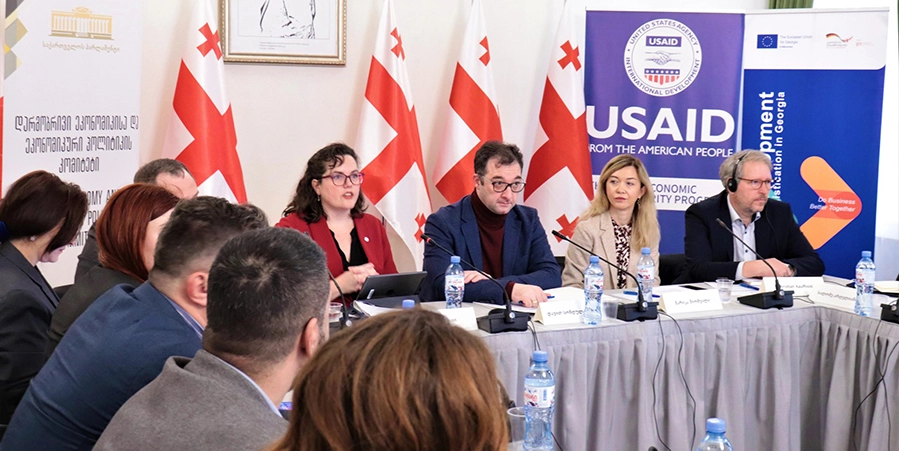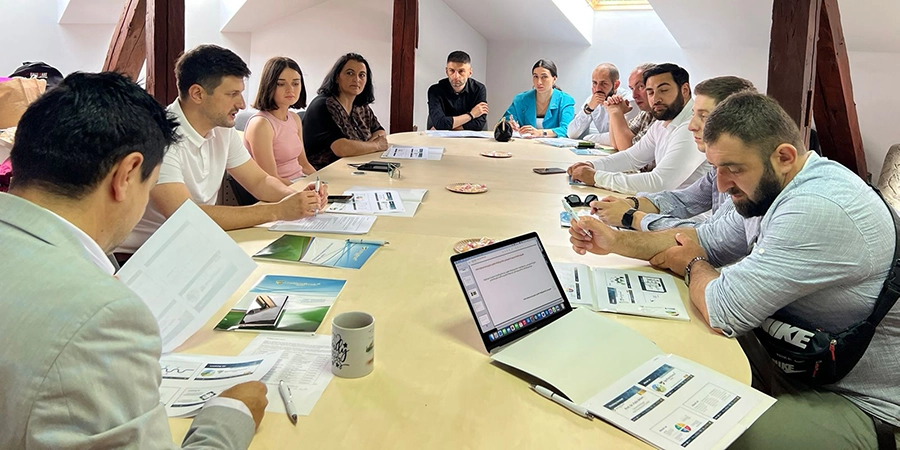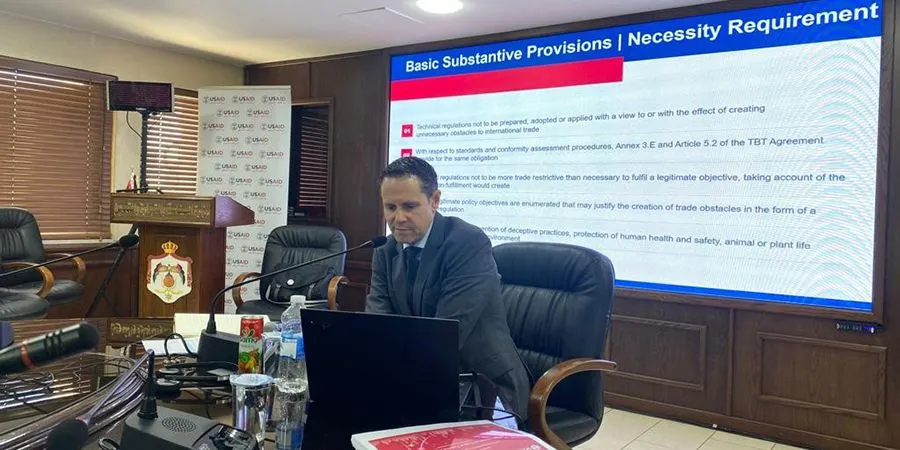USAID Releases Georgia Digital Ecosystem Country Assessment (DECA) Report – Prepared by PMCG
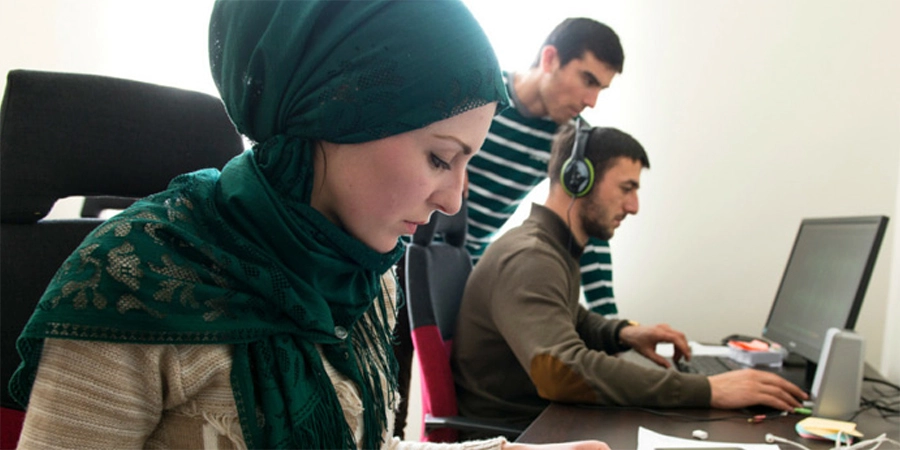

PMCG is excited to share news of the release of the Georgia Digital Ecosystem Country Assessment (DECA) report. Prepared by PMCG, as a subcontractor of Resonance Global, under the Digital Economy and Market Development (DEMD) Activity, the DECA report presents a comprehensive analysis of Georgia’s digital ecosystem. Moreover, it informs USAID/Georgia and other key decision-makers about how to better understand, work with, and support the country’s digital ecosystem.
DECA, a flagship initiative of the USAID Digital Strategy, identifies opportunities and risks in a country’s digital ecosystem. By doing so, it helps the development, design, and implementation of USAID’s strategies, projects, and activities. Primarily, it explores three pillars: “Digital Infrastructure and Adoption”; “Digital Society, Rights, and Governance”; and “Digital Economy.”
USAID launched its Digital Strategy in April 2020, aiming to foster open, secure, and inclusive digital ecosystems that drive measurable development and humanitarian outcomes through responsible technology use. DECA is a vital component of this strategy.
Georgia Digital Ecosystem Country Assessment’s (DECA) Key Findings
The DECA report reveals that Georgia’s digital ecosystem has solid foundations already. In particular, it has relatively well-established physical and regulatory infrastructure, government commitment to digital government services development, multiple providers of digital connectivity, and various digital financial services (DFS). However, challenges persist, such as unequal access to digital tools, skills, and services, as well as policy gaps and cybersecurity threats. Moreover, although the connectivity infrastructure in Georgia is generally well-developed, gaps remain in urban-rural connectivity.
Georgia aspires to become a regional digital hub. Accordingly, it seeks to enhance its connectivity with Europe, thereby reducing reliance on Russian connections and improving regional cyber-resilience. However, hurdles in Georgia’s digital ecosystem hold up the realization of these aspirations. Specifically, these include uncoordinated digital government stakeholders, underinvestment, and limited awareness among the public, leading to underutilization of digital services.
The DECA report also identifies specific areas that require attention. Among these, civil society organizations (CSOs) and independent media outlets need support to combat disinformation. In addition, the ICT workforce, though talented, suffers from a widening skills gap. Furthermore, DFS drive innovation and fintech, but Georgia’s highly concentrated market restricts competition in this regard. Moreover, the e-commerce penetration rate in Georgia is low and compounded by poor inventory management, a lack of modern handling solutions, low customer confidence in e-commerce platforms, and immature financial literacy skills among consumers. Meanwhile, startups are important drivers of the Georgian economy, but innovative and technology-driven startups find it difficult to access finance.
Follow the link to read the full report: DECA
Georgia Digital Ecosystem Country Assessment (DECA) Recommendations
The DECA report issues 13 recommendations on how USAID/Georgia can work with and support the country’s digital ecosystem. These cover topics across the three DECA pillars and include suggestions to enable USAID/Georgia to build on the success of existing work. They also offer detailed guidance for designing and implementing new activities and partnerships. Specifically, its seven priority recommendations are as follows:
- Strengthen the cyber-resilience of critical infrastructure;
- Contribute to Georgia’s transformation into a regional digital hub;
- Improve the coordination and accountability of the Government of Georgia’s digital transformation;
- Double down on media literacy, digital citizenship, and disinformation mitigation;
- Leverage success in freedom online to promote regional leadership and increase the attractiveness of the Georgian market;
- Increase competition in the DFS market; and
- Support digital skills development and ICT workforce development.
These seven priority recommendations are critical for trust building, skills development, and increasing competition. Applying them will allow Georgia to capitalize on its unique potential to become a regional hub and will drive the country’s digital transformation and ecosystem forward. Meanwhile, the broader 13 recommendations in the DECA report will be taken into account by USAID/Georgia in its current and future programs.
Follow the link to read the full report: DECA
In conclusion, while Georgia’s digital ecosystem faces challenges, it holds significant potential for digital economic growth and regional connectivity. Through coordinated support and strategic interventions, Georgia can become a major regional digital hub.


